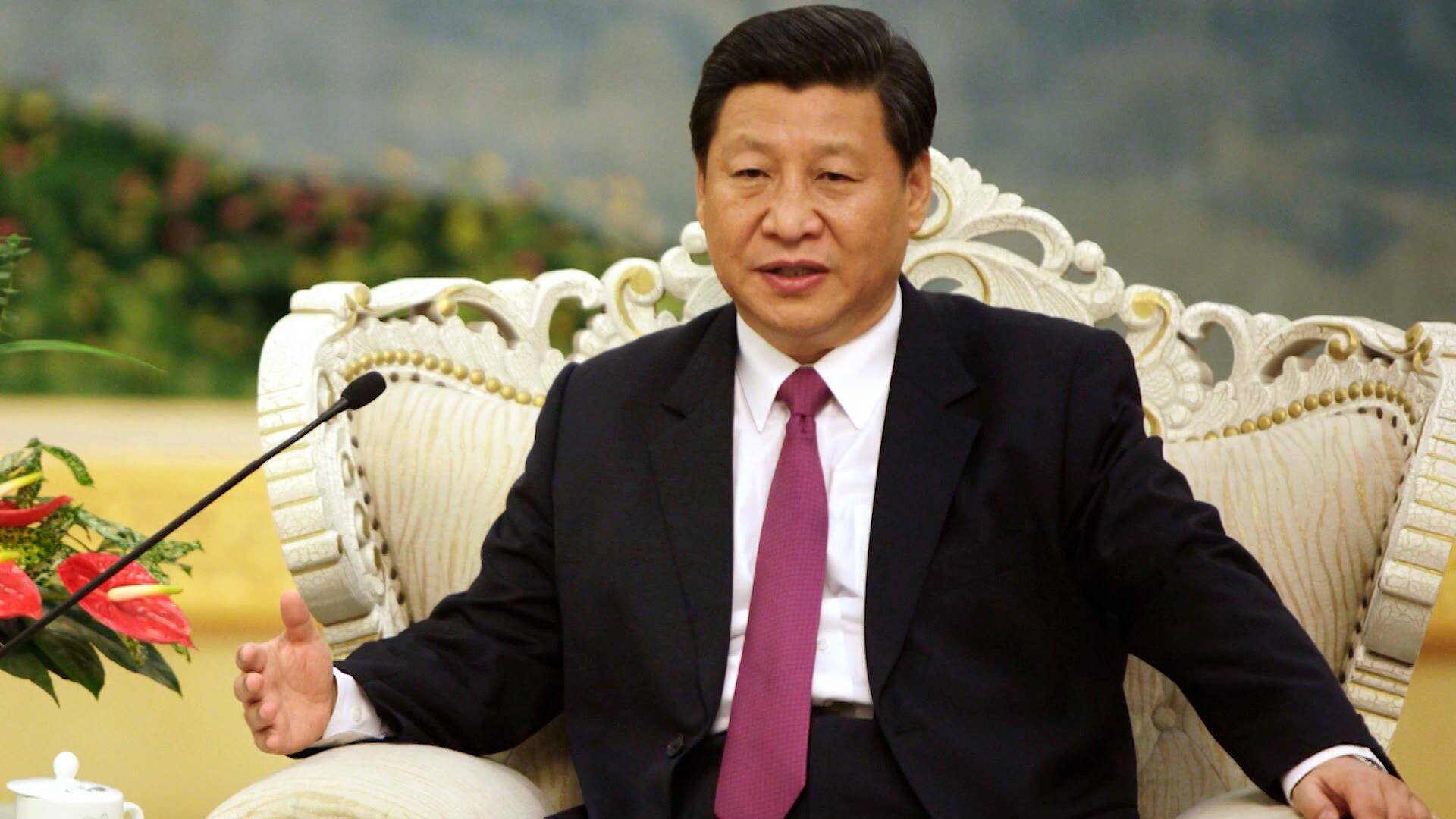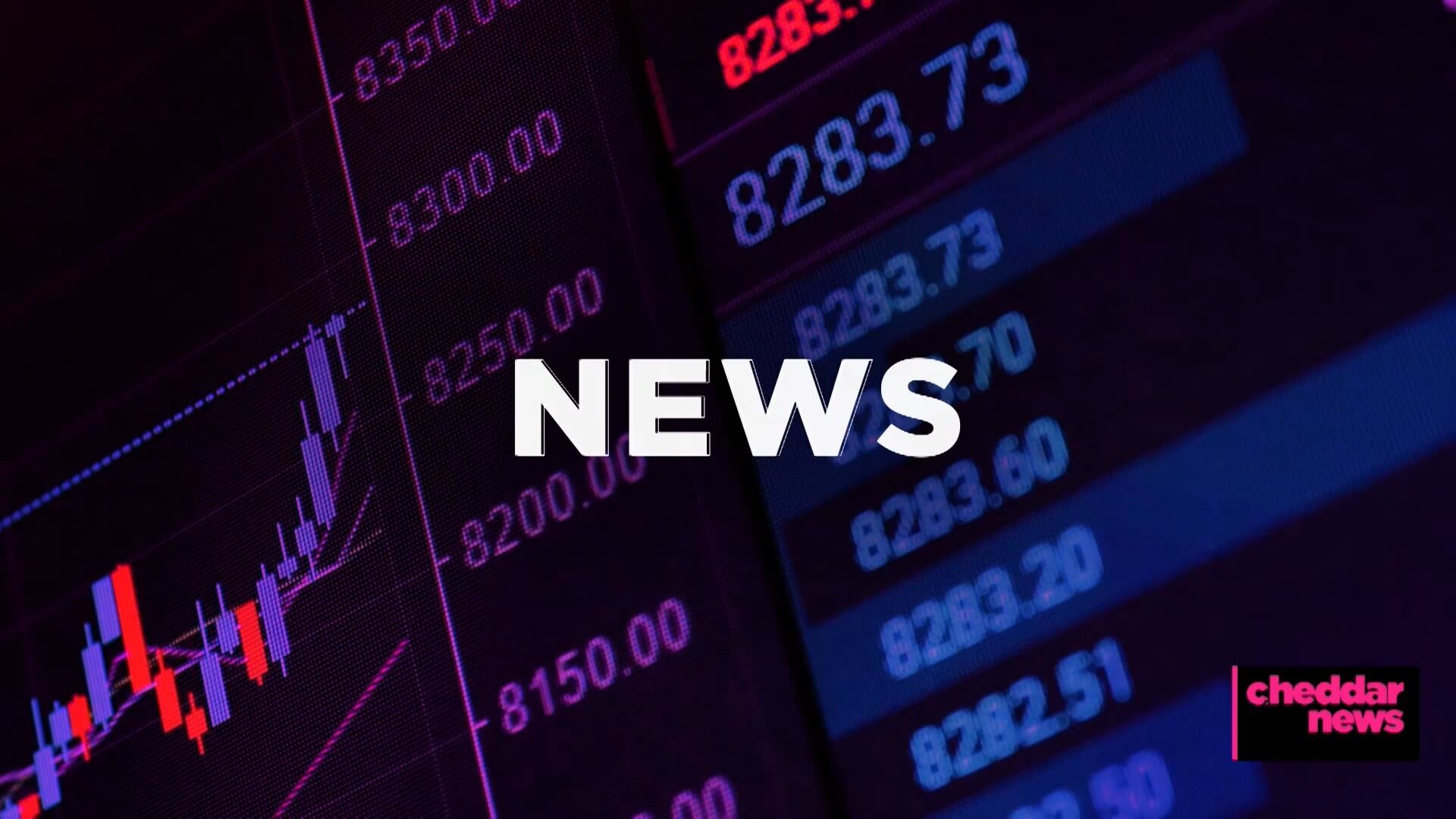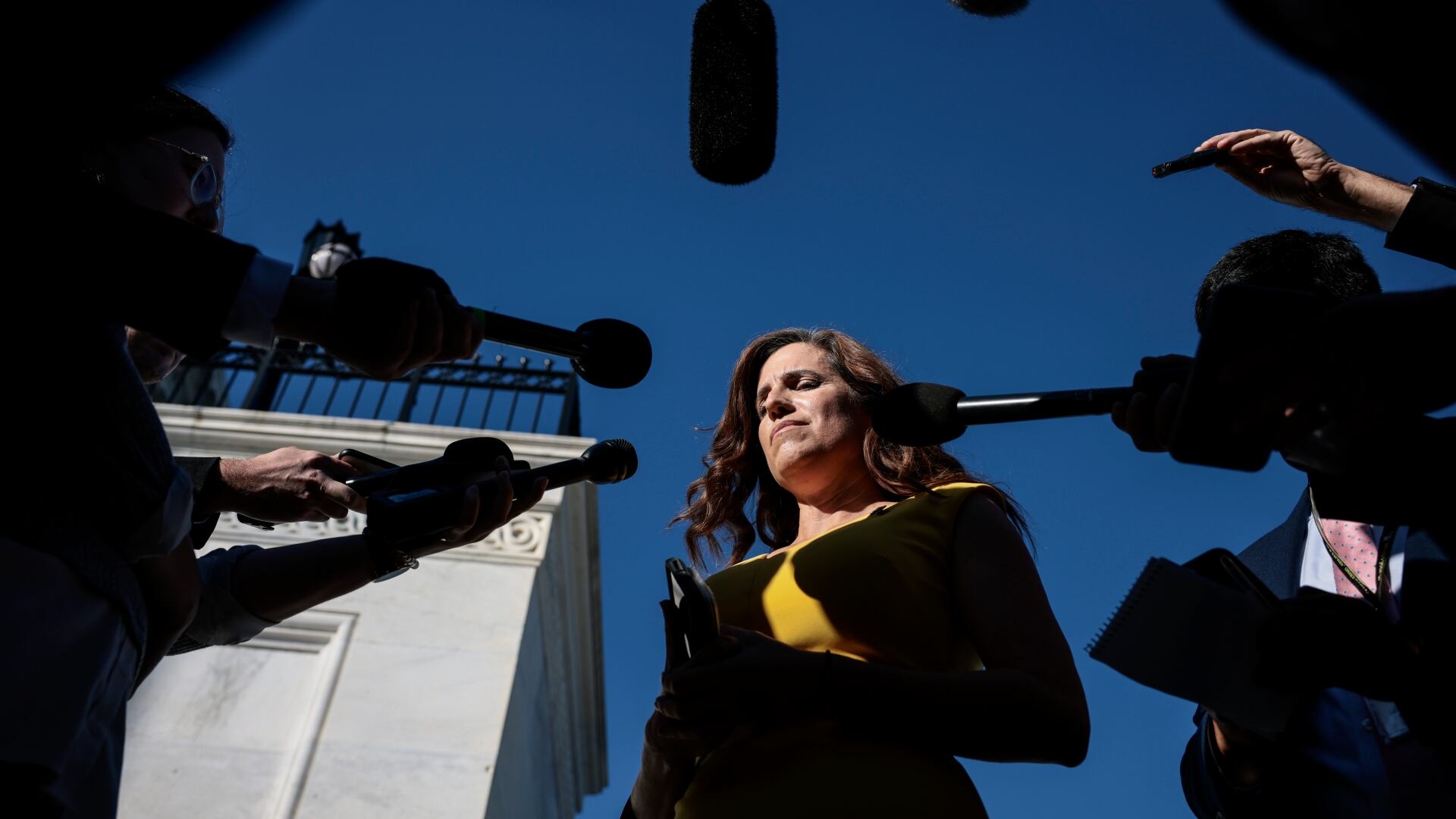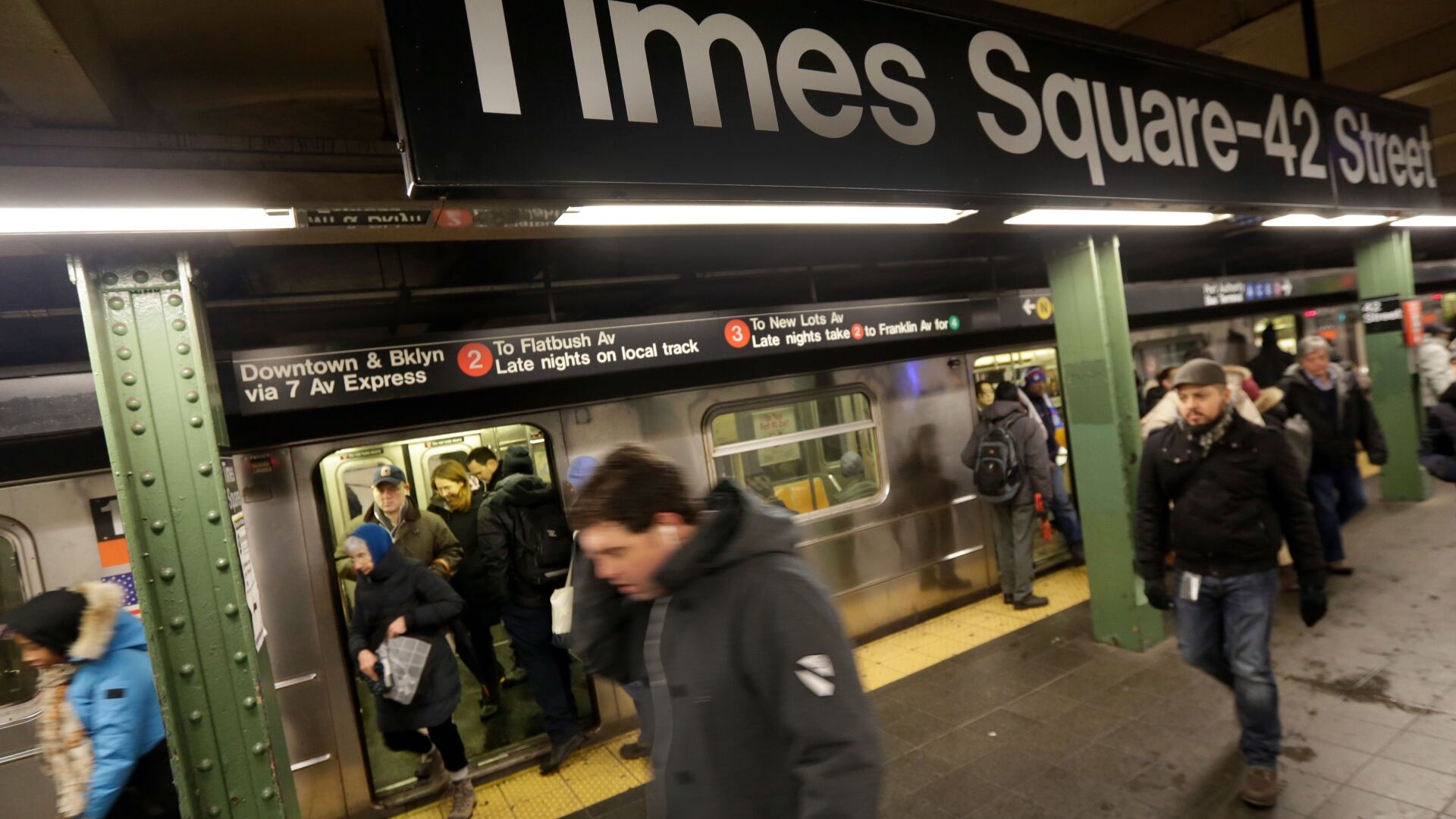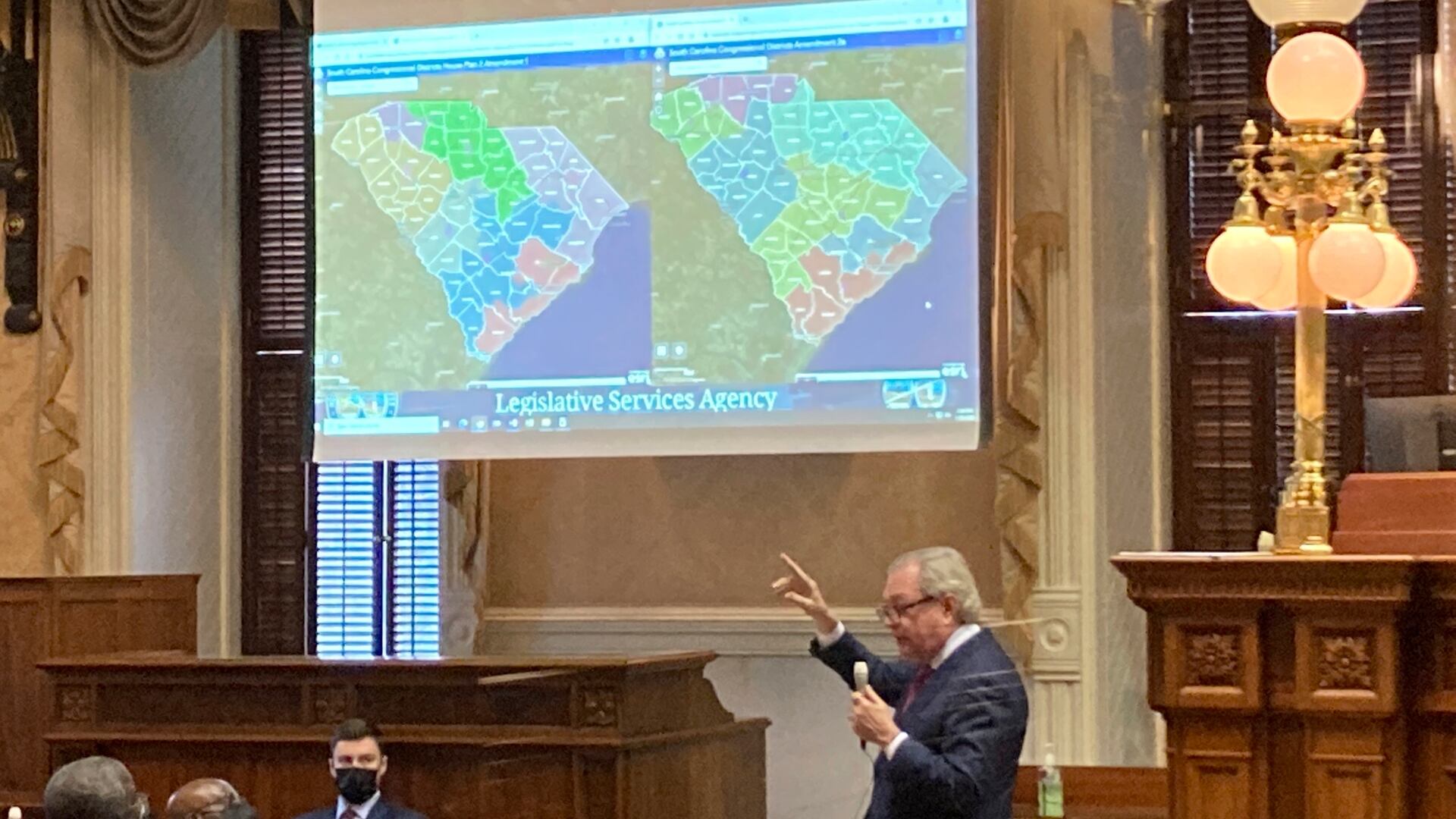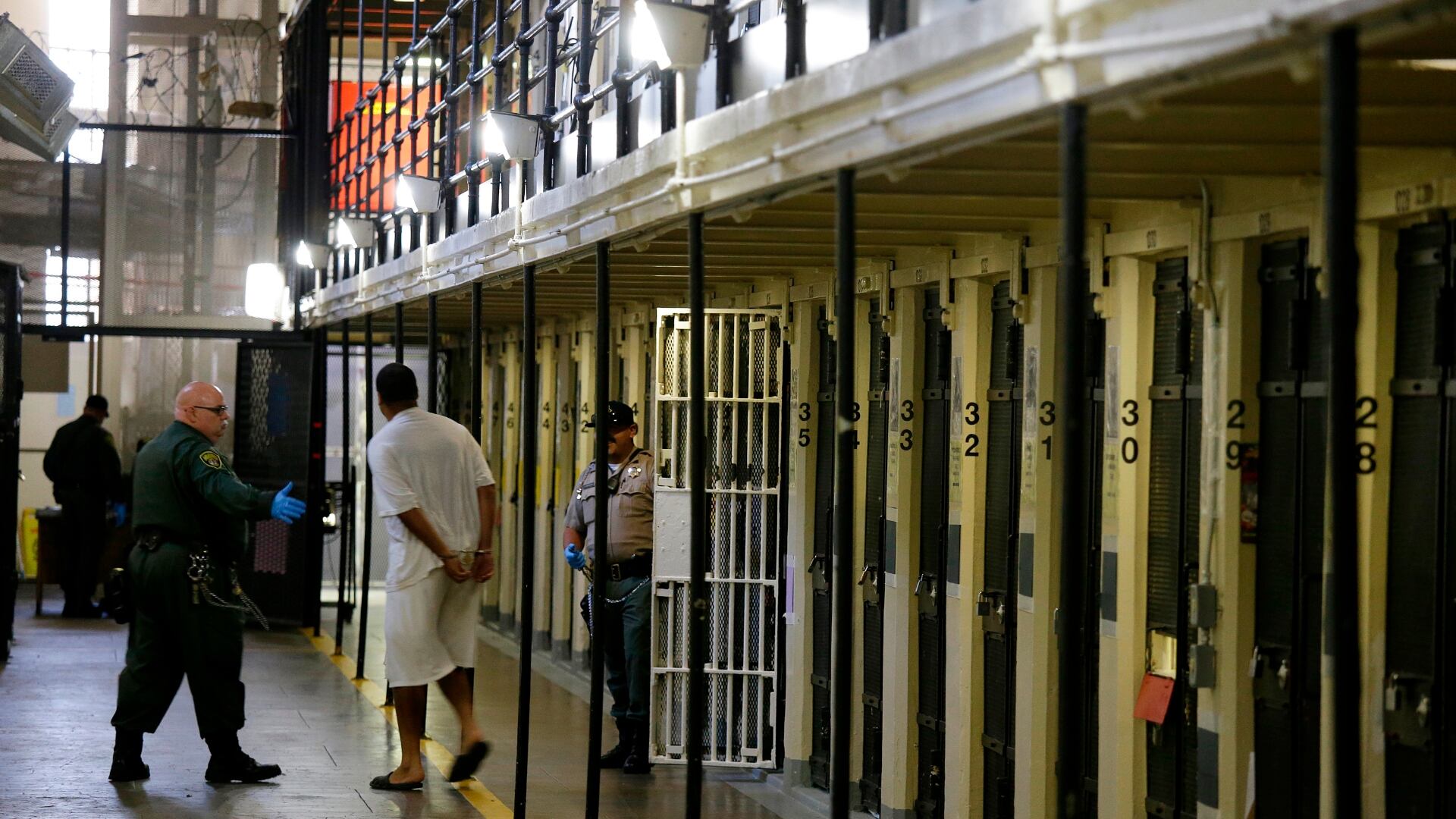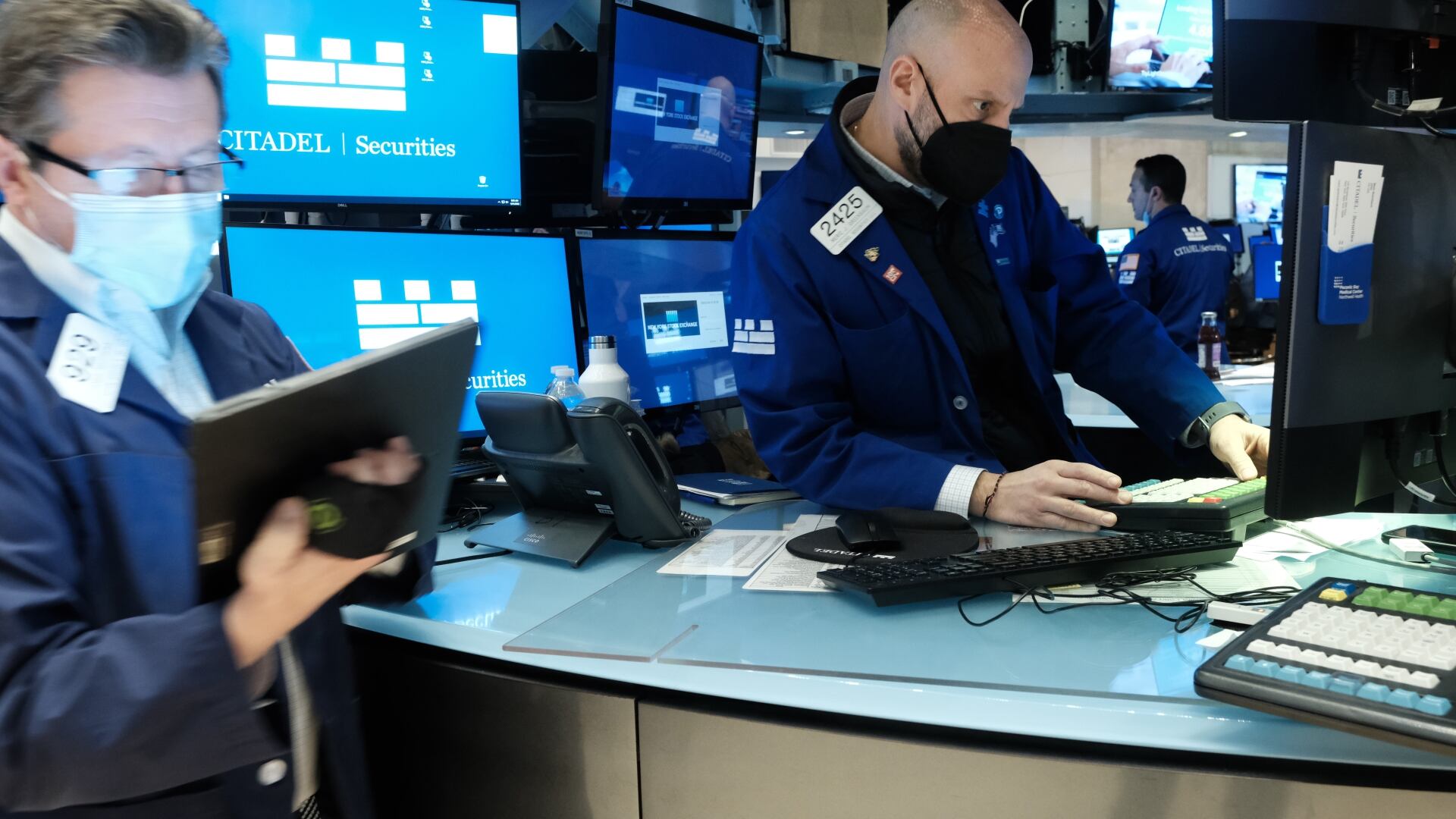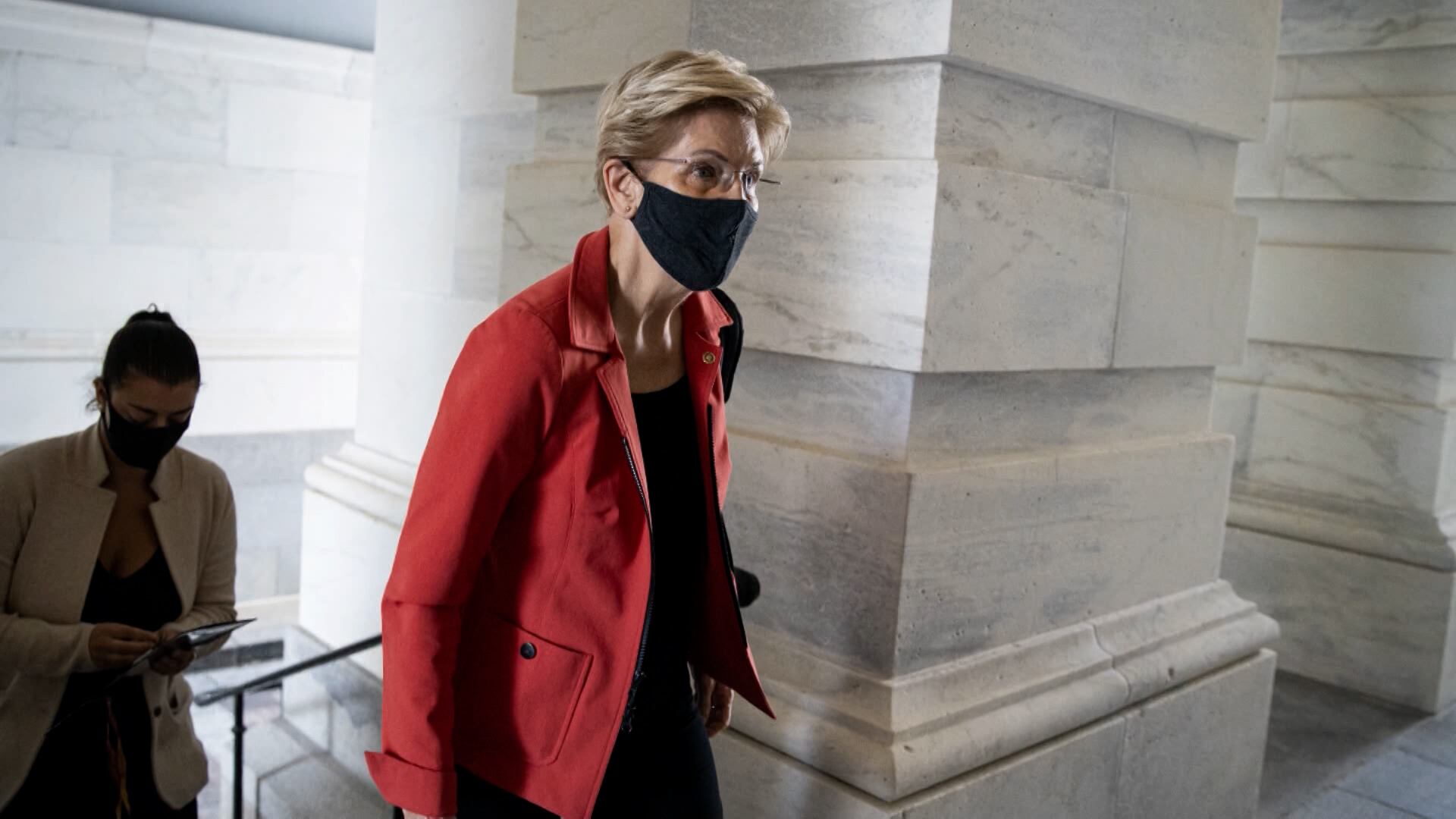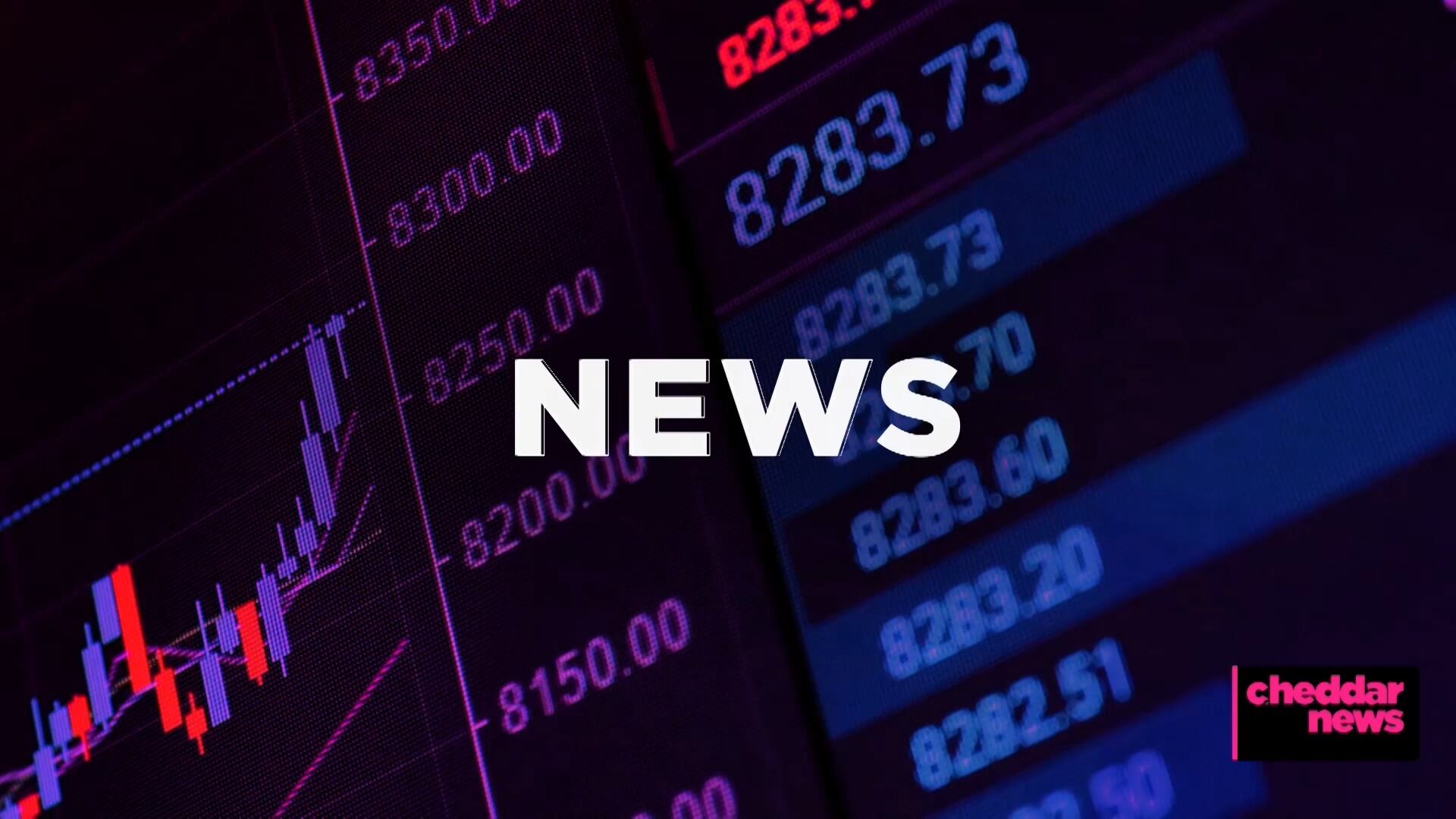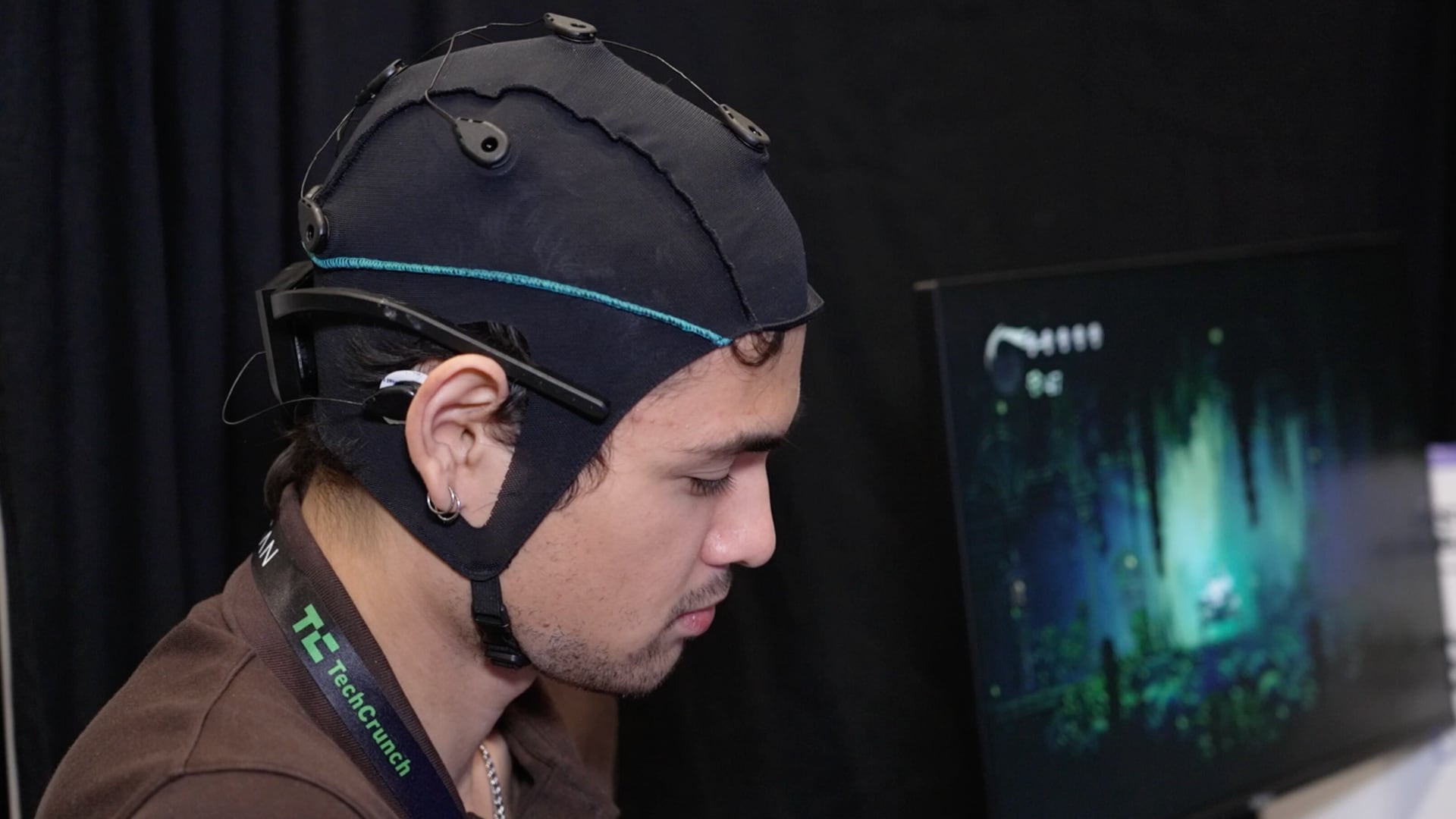By David Klepper and Matt O'Brien
After years of treating President Donald Trump's inflammatory rhetoric with a light touch, Facebook and Instagram are silencing his social media accounts for the rest of his presidency. The move, which many called long overdue following Wednesday's deadly insurrection at the U.S. Capitol, is also a reminder of the enormous power that social-media platforms can wield when they choose.
Facebook and Instagram said Thursday they will bar Trump from posting at least until the inauguration of President-elect Joe Biden. Twitter said that it's still evaluating whether to lift or extend what started as a 12-hour lockdown of Trump's account.
It remains unclear how the platforms will handle Trump once he leaves office and is no longer shielded from enforcement of most rules by his status as a world leader. And some critics saw the moves as cynical efforts by the companies to position themselves for a post-Trump future.
“They no longer have to fear Donald Trump,” said Rashad Robinson of Color of Change, a group that has pushed tech companies to do more to rein in hate speech. He said Facebook’s action was “in the best interest of Facebook” and a way to curry favor with the incoming Democratic president and Congress.
In announcing the unprecedented move, Facebook founder Mark Zuckerberg said the risk of allowing Trump to use the platform is too great following the president's incitement of a mob on Wednesday. Zuckerberg said Trump’s account will be locked “for at least the next two weeks” and possibly indefinitely.
“The shocking events of the last 24 hours clearly demonstrate that President Donald Trump intends to use his remaining time in office to undermine the peaceful and lawful transition of power to his elected successor, Joe Biden," Zuckerberg wrote.
Trump has repeatedly harnessed the power of social media to spread falsehoods about election integrity and the results of the presidential race. Platforms like Facebook have occasionally labeled or even removed some of his posts, but the overall response has failed to satisfy a growing number of critics who say the platforms have enabled the spread of dangerous misinformation.
In light of Wednesday's riot, however, Zuckerberg said a more aggressive approach is needed because of the “use of our platform to incite violent insurrection against a democratically elected government."
Instagram, which is owned by Facebook, will also block Trump's ability to post on its platform. YouTube, owned by Google, announced more general changes that will penalize accounts spreading misinformation about voter fraud in the 2020 election, with repeat offenders facing permanent removal.
Twitch, the live-streaming site owned by Amazon and used by Trump's campaign to stream speeches, disabled Trump’s account until he leaves office, saying it didn't want to be used “to incite further violence." Companies outside the social media world also scrambled to take stock of how they'd been used by those who swarmed the Capitol. E-commerce company Shopify shut down two online Trump memorabilia stores for promoting people or organizations “that threaten or condone violence to further a cause.”
But it was Twitter where Trump was likely to feel the effects most. The company locked his accounts for 12 hours after he repeatedly posted false accusations about the integrity of the election. Trump more than a decade ago embraced the platform's immediacy and scale to rally loyalists, castigate enemies and spread false rumors.
The suspension was set to expire sometime Thursday; the president had not yet resumed tweeting as of Thursday afternoon. A company spokesman said Twitter could take further action as it kept track of “activity on the ground and statements made off Twitter."
The platforms continued to face criticism from users who blamed them, in part, for creating an online environment that led to Wednesday's violence.
“Today is the result of allowing people with hate in their hearts to use platforms that should be used to bring people together," singer and actress Selena Gomez wrote on Twitter to her 64 million followers. “You have all failed the American people today, and I hope you're going to fix things moving forward."
Sen. Mark Warner, the incoming chair of the Senate intelligence committee, on Thursday called Facebook, Twitter and Google “collaborators” in Trump’s assault on U.S. democracy. “And their 11th-hour conversion now to suddenly take down Trump’s Facebook or Twitter feed is way too little too late,” the Virginia Democrat said during an Aspen Digital online forum.
A message left with the White House on Thursday was not returned.
The platforms' actions followed years in which they hemmed and hawed over the dangerous misinformation and violent rhetoric Trump and his supporters have spread, contributing to Wednesday's violence.
On Wednesday, the companies focused on a video Trump posted more than two hours after protesters entered the Capitol, interrupting lawmakers meeting in an extraordinary joint session to confirm the Electoral College results and President-elect Joe Biden’s victory. Republican lawmakers and previous administration officials had begged Trump to give a statement to his supporters to quell the violence.
While Trump told supporters that "you have to go home now,” he also repeated false claims about voter fraud affecting the election. He then added: “We can’t play into the hands of these people. We have to have peace. So go home. We love you. You’re very special.”
Twitter, Facebook and YouTube all said they removed the video Wednesday, citing its misinformation or dangerous rhetoric.
In a statement Thursday morning, Trump said there would be an “orderly transition on January 20th” and acknowledged defeat in the election for the first time. His aides posted the statement on Twitter because the president's account remained suspended.
Monica Stephens, a professor at the University of Buffalo who studies social media, said it made sense for Facebook and Twitter to try lighter forms of curbing misinformation in the months leading up to the election. “They’re getting flak from both sides of the political aisle,” she said.
Trump's ardent supporters have flocked to Parler, Gab and other “free speech” social media sites that cater to conservative voices. Some were used by the people who stormed the Capitol. If mainstream platforms drive discussion about violence and social protest to more marginal sites, Stephens said, "it is still going to happen; it is just going to happen where it isn’t as read.”
Now that platforms have imposed stiff restrictions on Trump, companies like Facebook and Twitter may find it harder to resist calls for banning other political figures who incite violence, said Shannon McGregor, an assistant professor of journalism and media at the University of North Carolina. “Because they resisted and resisted but now they’ve done it, it is hard to walk that back," she said.
——
AP writers Mae Anderson, Tali Arbel, Barbara Ortutay, Frank Bajak, and Joseph Pisani contributed to this report.
Updated on January 7, 2021, at 4:53 p.m. ET with the latest details.


